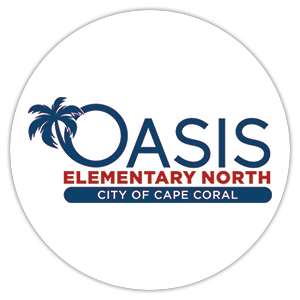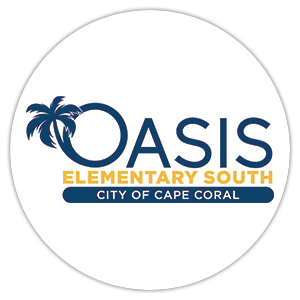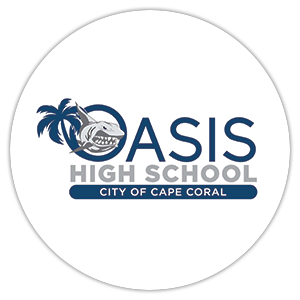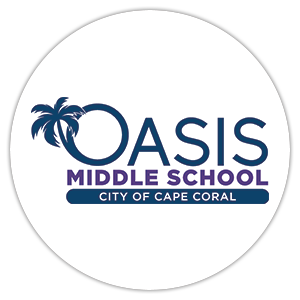Why study drama at OHS?
We personally invite you to join our drama program. Beginning students are welcome to join the Theater 1 class; more advanced students (those who have not already taken Theater 1) are eligible to sign up for Theater 2-4, Musical Theater, and Improvisation.
To study theater is to take life’s experiences and reflect them through various characters on stage. Live theater sharpens your perceptions while enhancing your creative capabilities. It is a great form of expression. You can reach your audience through storytelling, movement, music, and expression. Theater is not just for “theater majors” or those students who want to develop a career in acting. Theater is for everyone!



